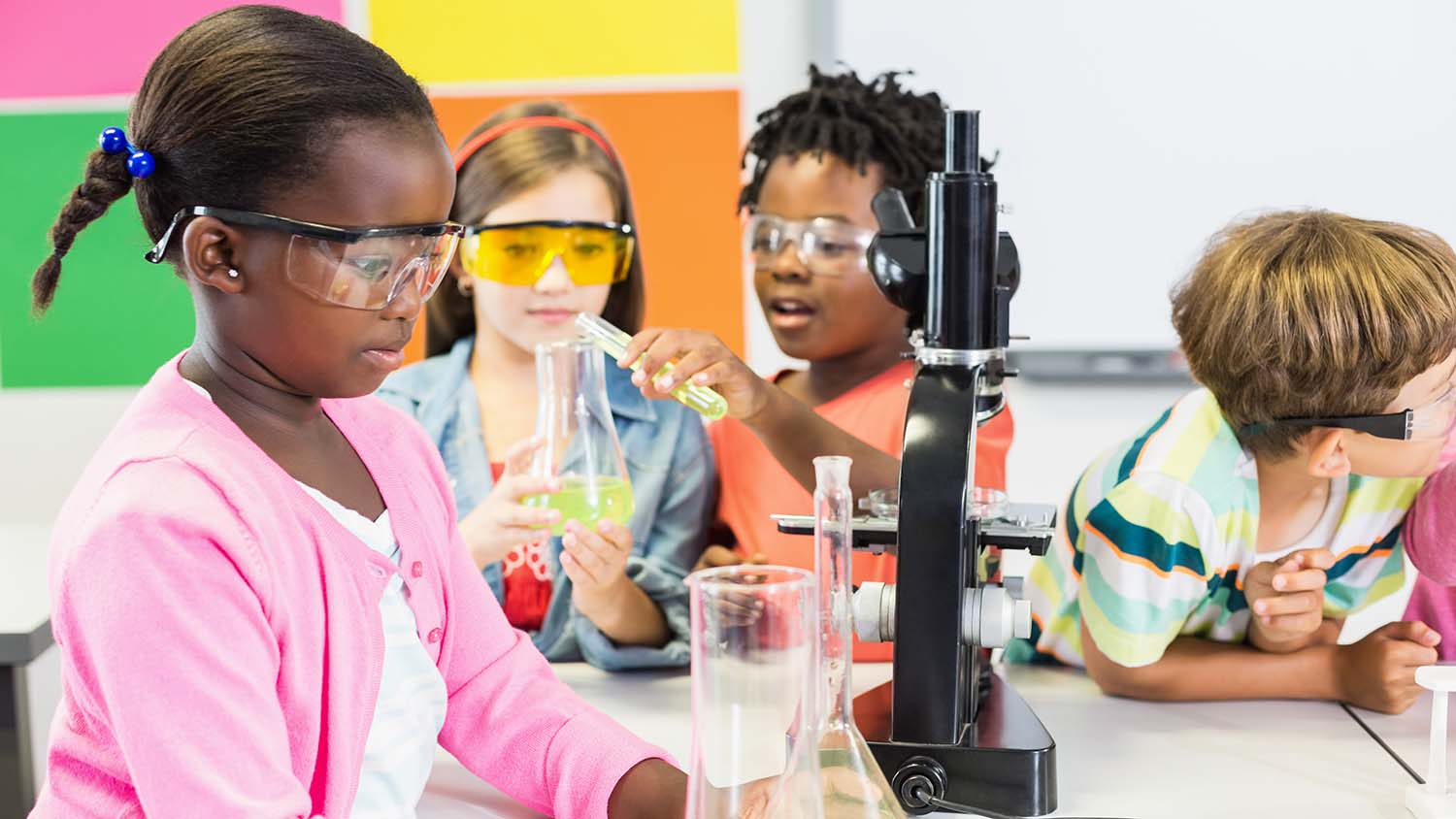
The NAEP science assessment measures science knowledge and ability to engage in scientific inquiry and conduct scientific investigations. According to results from the 2019 NAEP science assessment, only one-third of grade 4 and grade 8 students, and less than one-quarter of grade 12 students scored at or above proficient. In addition, for grade 4 middle-performing and low-performing students, their science performance showed declines from 2015. While IES has a history of investing in high quality science education research to improve science teaching and learning, these data suggest that much more work is needed.
To that end, during the 2022-23 school year, IES held two Learning Acceleration Challenges designed to incentivize innovation to significantly improve learner outcomes in math and science. Under the Challenge for the Science Prize, IES sought interventions to significantly improve science outcomes for middle school students with low performance in science. Unfortunately, the judging panel for the Challenge did not recommend any finalists for the Science Prize (more information about the Math Prize results can be found here). IES recognized this Challenge was an ambitious and rapid effort to improve science achievement. Feedback from potential Science Prize entrants indicated that the rapid cycle for evaluating the intervention along with the lack of resources to implement the intervention were barriers to this competition.
With the knowledge gained from the Science Prize, IES is continuing to design opportunities that encourage transformative, innovative change to improve teaching and learning in science. In our newest opportunity, the National Center for Education Research (NCER) at IES, in partnership with the National Science Foundation (NSF), released a Request for Applications for a National Research and Development Center (R&D Center) on Improving Outcomes in Elementary Science Education. Results from the most recent NAEP science assessment and the lessons learned from the Science Prize suggest opportunities for improving teaching and learning in science education need to begin early in education, and more resources are needed to conduct high quality research in science education. Through this R&D Center, IES and NSF will provide greater resources (grant award of up to $15 million over 5 years) to tackle persistent challenges in elementary science education, including the measurement of elementary science learning outcomes, and generating evidence of the impact of elementary science interventions on learner’s science achievement. In doing so, the new Elementary Science R&D Center will provide national leadership on elementary science education and build capacity in conducting high-quality science education research.
This blog was written by NCER program officer, Christina Chhin. For more information about the Elementary Science R&D Center competition, contact NCER program officers, Jennifer Schellinger or Christina Chhin, take a look at the 84.305C RFA, and/or attend one of our virtual office hours.